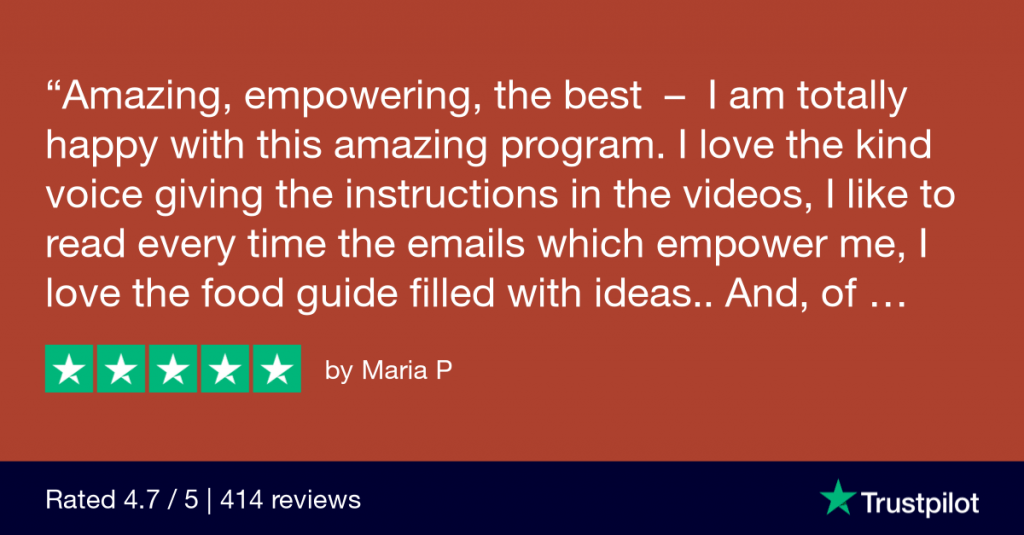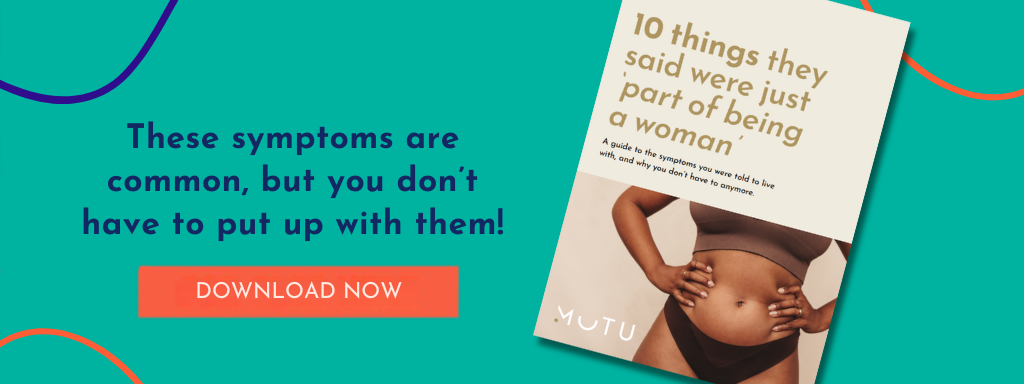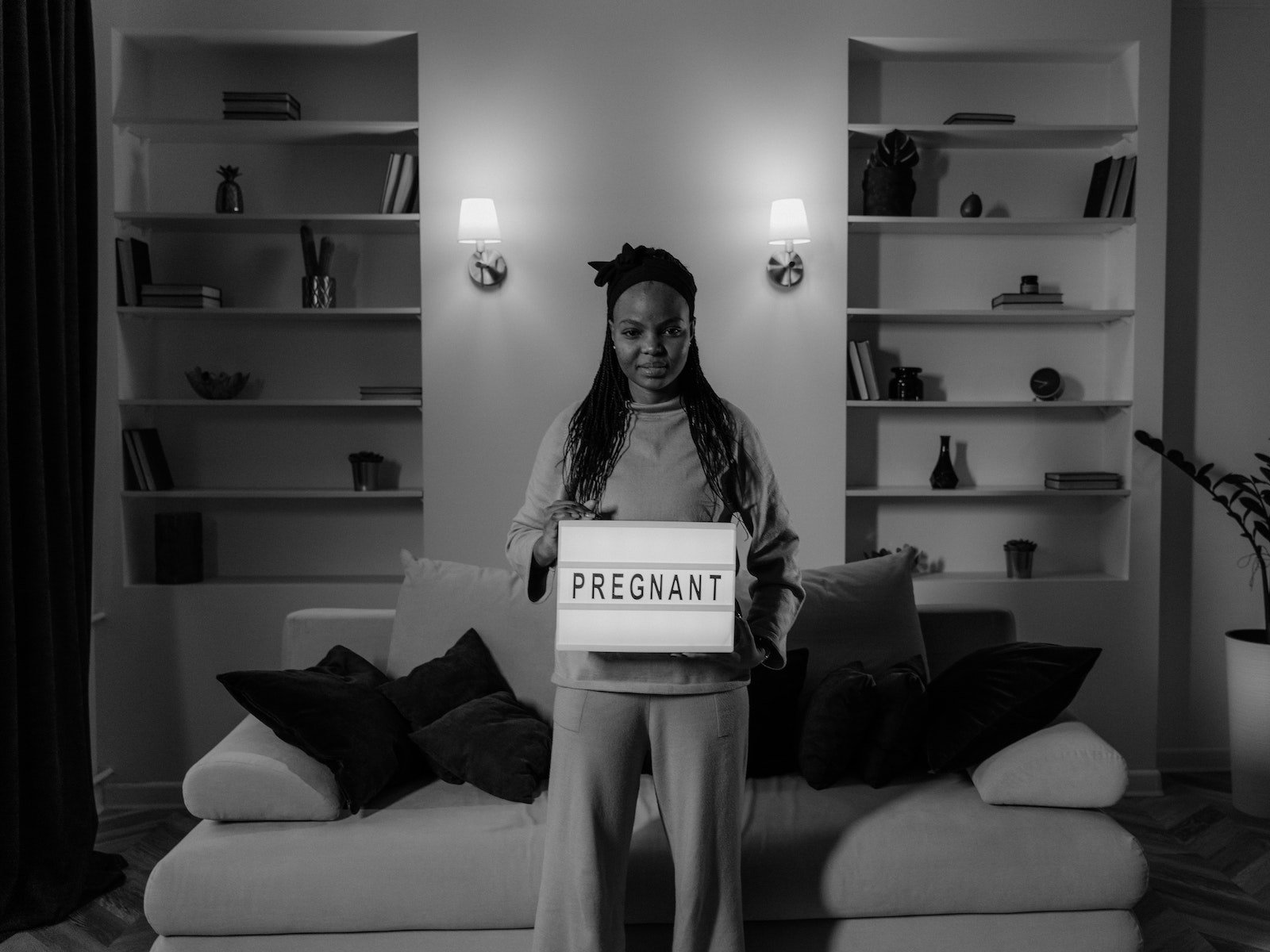Do social media memes and quotes telling you to ‘look on the bright side’ and ‘live your best life’ make you want to scream?
Toxic Positivity is exactly this effect. When positive thinking tips into feeling shamed, or even gaslit into believing your problems aren’t real.
Toxic positivity vs positive thinking
Of course positive thinking has many benefits in our lives, but there is such a thing as “toxic positivity” and it’s increasingly common in our digitised world. It’s that message that we should only see the good in everything. That we should ignore challenging feelings (always labeled as “negative”), or are shunned for disrupting someone’s “high frequencies”. It’s when you end up feeling like you must ‘rise above’ your own complicated emotions and issues, to not bring others down.

Toxic positivity might be ‘a thing’ now, but it’s far from new. Cults have use its spell to seduce with promises of happiness or spiritual protection. Corporations use its easy slogans to entice you to spend with them. We see t-shirts emblazoned with “good vibes only”, trending in a time of unrest, division and uncertainty.
But thinking positive, optimistic thoughts has to better than being down all the time right? Encouraging each other to be happier can only be a good thing, can’t it?
It may seem odd to even assume a positive attitude could be toxic. Where it gets to be toxic, is when positivity, happiness or gratitude are seen as the only valid feelings. Or when a call to ‘just think positive thoughts’ or manifest good times, is used to push away more difficult emotions.
Postnatal depression and social media
As rates of postnatal depression (PND) rise, the wave of “no bad days” culture might not be doing Mums many favours.
For a new parent, that may look like being told:
“Just be grateful you have a healthy baby.”
“Some mothers have it so much worse.”
“They grow up so fast! Just enjoy every minute.”
These common and usually dismissive phrases can feel belittling to someone experiencing trauma or anyone just needing some connection and support as a new parent.

At its core, toxic positivity is denial, from within or from pressure from others.
Resisting the toxic positivity in new motherhood and beyond is not about glorifying negativity. It’s more about recognizing that positivity is just one emotion in a mix of many. And it isn’t even always the most appropriate or helpful one of the bunch.
When you are struggling with sleepless nights, breastfeeding issues, a surgical scar across your abdomen, emotional pain from a difficult birth, or feeling mixed emotions about your changing body… having someone come back with with “look on the bright side” is probably not going to make you feel much better.
It might actually make you feel worse.
Vulnerability and shame
Showing vulnerability sometimes, literally makes us human. Trying to be relentlessly positive suppresses this perfectly healthy vulnerability and denies the emotion. Nowhere is this more true than in the parent-child relationship. where tending to the needs of a vulnerable little one is part of the bonding process. We’re prone to label babies as “happy” or “good,” implying then that there are “bad” babies who cry or don’t sleep enough or eat easily. This is unrealistic and unfair labelling that puts shame on parents for normal biological things they rarely have much control over.
Toxic positivity in the form of the Positive Mental Attitude Movement (PMA) or “good vibes only” will have you believing our brains are magnets. ‘You can control your baby’s sleep through manifesting!’ ‘Your postnatal depression comes from lack of gratitude!’ Beyond this being scientifically unsound (we at MUTU believe in science, as well as in humans), it’s also a concept which opens up a lot of room for shame.
This can mean that the (very real) consequences of systemic racism, economic issues, internalized phobias, birth trauma, mental health disorders, and just smaller plain-old-regular LIFE, appear to be just a Law of Attraction manifestation away from being solved. Or worse, that those experiencing difficult circumstances are simply not ‘positively thinking them away’ hard enough.

If your social media algorithm has you scrolling through posts with advice on being more positive, it’s likely you’ve come across some positive vibes grifters promising the powers of tummy slimming green juice, ‘manifest your perfect birth’ courses, or creams charged with higher vibrations, here to turn your life around despite your circumstances.
As gaps in maternal and infant care move increasingly onto the web, so do the trappings of non-experts, spiritual influencers, and “mumfluencers” pushing products at new mums.
Toxic positivity and the pandemic
Some psychologists and researchers have pointed out that toxic positivity gained a stronger foothold on the internet during the pandemic. The platitudes of “getting through this” in an effort to avoid confronting the fear and anxiety of a chaotic world. The postpartum period is already a time of so much change and often confusion/anxiety, even more so when the pandemic forced our increased isolation.
There was a spike in birth trauma and postpartum depression through the pandemic, and access to care was limited. And scams and shame took root in mothering communities online.
Who to follow instead!
Fortunately, there are educators, professionals, and influencers taking a stand against this wave of emotional gaslighting online. Psychologists like Whitney Goodman who wrote the book “Toxic Positivity” and who’s Instagram @sitwithwhit is incredibly popular. Candice Brathwaithe @candicebrathwaite is author of ‘I Am Not Your Baby Mother’ the beautifully and powerfully told reality of being a Black mother in Britain, and new novel ‘Cuts Both Ways’. Follow Dr Soph @_drsoph/ for a healthy antidote to toxic positivity and how to avoid it, and Nilly Dahlia @nillydahlia ‘losing the mum guilt’. If you’re not already listening to the DirtyMotherPukka podcast or Fearne Cotton’s Happy Place I’d encourage you to grab a cuppa and enjoy.
And for a dose of “keeping it real” with some historical context, psychotherapist Azadeh Ghafari (@the.wellness.therapist) calls out toxic positivity in its many forms, starting from its roots in masking historical conflict and colonialism. These can be helpful resources when toxic positivity has you feeling stranded on an island of shame for not feeling flooded with gratitude for just surviving birth.
Turning away from positivity when it gets toxic, means you can be a bit more “in the moment” during a period of your life so full of chaos. Thinking less about comparisons, less about the binary of good and bad, less about what others might think – and more on just being aware that you are in a time which requires a lot of you – can go a long way.

MUTU tips for dealing with toxic positivity in motherhood
- Try and not shame yourself for feeling the things you are feeling. The postnatal period is difficult and feelings of difficulty here are valid, not negative.
- Surround yourself with people you feel safe being “real” with. That can be easier said than done, so it might require joining a support group or online community.
- However, it might be a good idea to minimize your exposure to online parenting content if it’s triggering feelings of shame or inadequacy.
- If you feel comfortable addressing toxic positivity with your loved ones, try asking them to be mindful of the phrases they use which feel dismissive. They usually have good intentions in saying these things and aren’t mindful of their hurtful impact.
- If you are struggling to get out your real emotions with friends and family, you could keep a journal. Allow yourself to write out every feeling, not just the ones you feel you are “allowed” to share.
The MUTU community is dedicated to being a place to share difficult emotions along with successes and gratitude. In that respect, when you join MUTU, you are joining more than a fitness app, you’re entering a community who “gets it,” who knows that feeling good isn’t always about just feeling positive. Join us!












